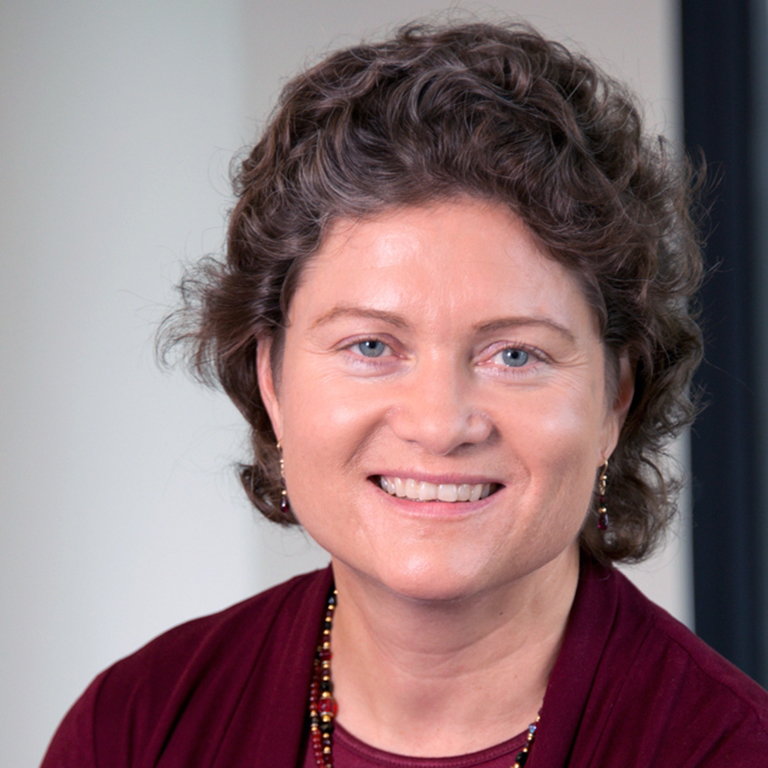How people on the East Coast fare as Hurricane Florence reaches landfall will depend in large part on what they have done to themselves to prepare in advance, says Beth Gazley, professor in the Indiana University School of Public and Environmental Affairs.
Disaster resilience begins, she said, by understanding how environmental change has kicked up the force of these storms, by making them bigger, slower and wetter.
“That means your past experience with storms — or your house’s past experience — may no longer be valid,” Gazley said. “Climate-induced hurricanes are a different animal.”



